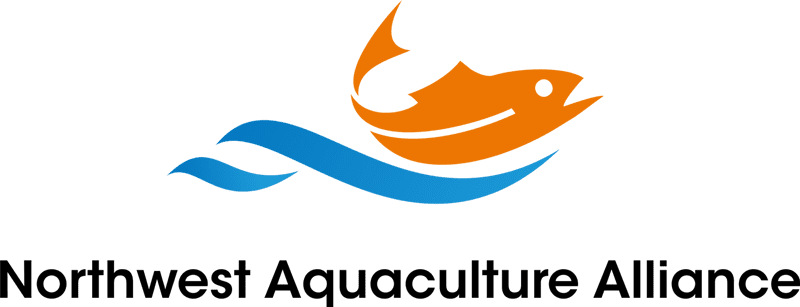
Aquaculture Alliance Commends WDFW for Approving Cooke Aquaculture and Jamestown S’Klallam Tribe’s Permit to Raise Rainbow Trout in Puget Sound:
“We are one step closer to becoming a ‘Blue Economy’”
Covington, WA, January 23, 2020—The Northwest Aquaculture Alliance (NWAA) calls the approval by the Washington Department of Fish and Wildlife (WDFW) of the Cooke Aquaculture Pacific and Jamestown S’Klallam Tribe application to grow rainbow trout (steelhead) in Cooke’s existing marine net pens in Puget Sound, “a vital step in growing the ‘Blue Economy’ in the region and United States,” since most seafood consumed here is imported.
NWAA Executive Director, Jeanne McKnight, pointed out that the United Nations Food and Agriculture Organization has concluded that farm-raised fish is an important environmentally sustainable solution for the world’s future food security. “Marine aquaculture production is the best-performing animal protein for carbon emissions, water use, and use of space,” she said.
“We commend WDFW for ensuring that scientific evidence was front and center in making this important decision,” said McKnight. “We also commend the local teams at Cooke and the Jamestown S’Klallam Tribe for addressing all significant environmental items raised during the approval process. In the end, science prevailed—to the benefit of Washington’s economy, seafood consumers, and the many families who work in the sector,” she said.
NWAA president, John Dentler, said, “Today, over 50 percent of all seafood is produced through farming, and this is expected to increase to 62 percent by 2030 while most wild fisheries are either fully exploited or over-exploited. Not only does aquaculture produce much needed healthy protein, but it also makes seafood affordable to folks of modest means.” Dentler added, “The WDFW approval is further testament that government regulators and the public are embracing sustainable marine aquaculture as a public health, economic development, and food security strategy.”
NWAA believes that aquaculture—farming fish, shellfish, and seaweed—will support community economic development, using a small amount of the region’s marine resources. According to the National Oceanic and Atmospheric Administration (NOAA), fish harvested from aquaculture around the globe had an estimated first-sale value of US $160.2 billion, divided among finfish, shellfish, and crustaceans—using less than 4 percent of the ocean.
Media Contact: Jeanne McKnight 206-963-6478 jmcknight@mcknightpr.com
